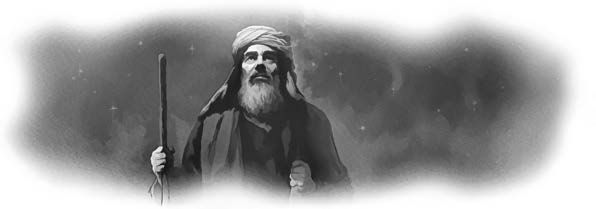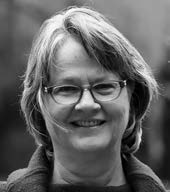I barely noticed the first thud and shudder.
We’d had breezes all afternoon that rattled our front door. But the second, unfamiliar thud-shudder was unmistakable. In a politically fragile world, I know the possibilities well: Fireworks? A machine-gun? A car bomb? A fighter jet flying over? While nothing had ever involved me personally, I had learned that every sound has a meaning, sometimes tragic.
I thought nothing of stepping out onto the front porch to investigate. From my hilly outpost above the campus of the Seventh-day Adventist Church’s Middle East University, I looked across the sprawling city of Beirut below, past the port, and toward the Mediterranean Sea. I noticed clouds—a mushroom, it seemed—dispersing in high-speed flourishes across the sky overhead. Not normal. Not good.
I stepped further out onto the porch just as a massive explosion enveloped me. A wall of wind with dust and debris lifted me forcefully and threw me back into the house. I grabbed the door but couldn’t get a grip to close it. The force seemed to blow straight through the walls. The window curtains twisted crazily around me. I could hardly stand.
I wanted to look out the window, but I didn’t know if more was coming. I wanted to be safe, but where was safety? So I paced the hallway, my hands shaking. I started breathing again. Everything was eerily silent. Normal.
Minutes later, Osman called. I had given him an online violin lesson just before the explosion. Now he was calling back, his eyes wild, his face sweaty, his phone jerking around to show me the destruction of his family’s tiny apartment. “It is all broken,” he said. “All broken, Miss.”
That wasn’t new to him. His family had been bombed out of Syria six years earlier. For him, the August 2020 warehouse explosion that killed at least 200 wasn’t his broken apartment. It was the familiar cycle of loss.
It’s a cycle I can’t break. I can’t numb the pain, reclaim the losses, rebuild a country. Nobody can. But we are not helpless; we are not victims. We stand in the presence of God, interceding for what is beyond our power to change and giving Him permission to defy the evil that is flexing and fuming. Good can come of this. Let God’s name be honored through my life, on our Middle East University campus, for dear Lebanon and into the uttermost parts of our reeling world.
Kathie Lichtenwalter works for the tentmaking initiative at the Middle East and North Africa Union. This mission story illustrates Mission Objective No. 2 of the Seventh-day Adventist Church’s “I Will Go” strategic plan: “To strengthen and diversify Adventist outreach in large cities, across the 10/40 Window, among unreached and under-reached people groups, and to non-Christian religions.” Learn more at IWillGo2020.org.

